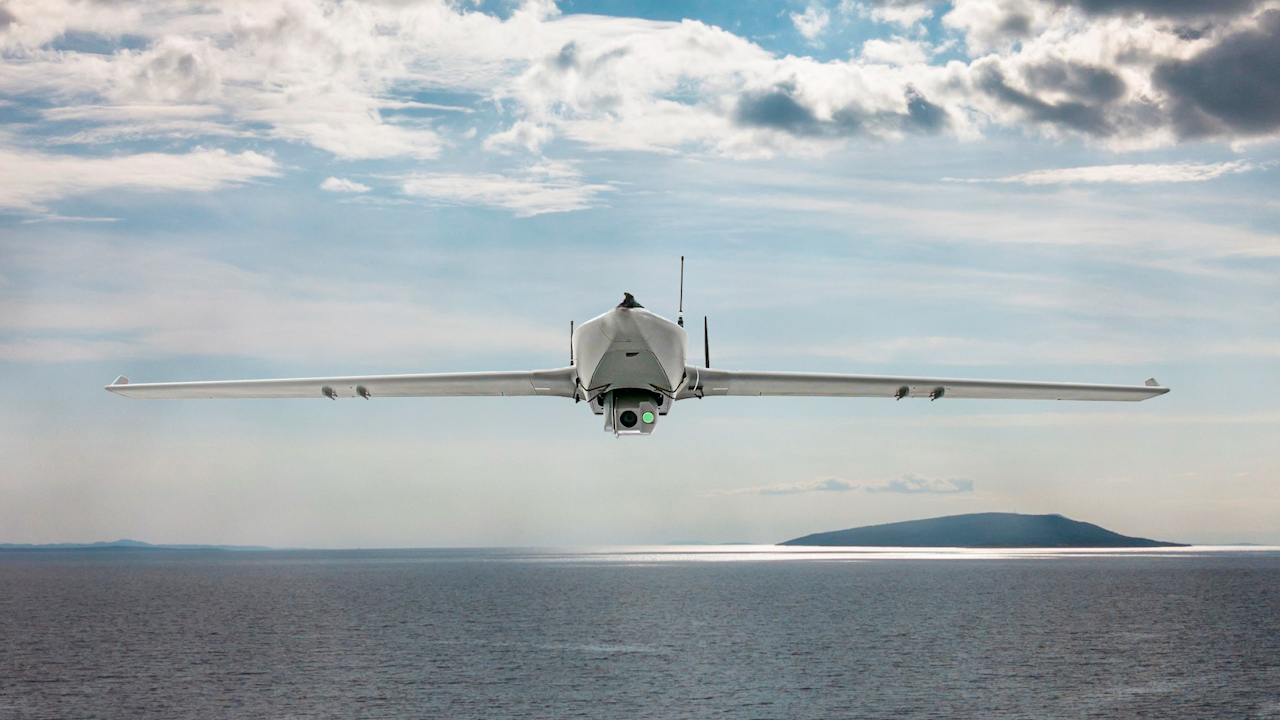
RAF sets out 10-year plan to increase use of drones amid changing face of the frontline

The Royal Air Force has unveiled its plan to change the face of warfare over the next decade thanks to the rapid evolution of drone strategy.
The Defence Drone Strategy and the RAF Autonomous Collaborative Platforms Strategy (ACP) guide the military's future to involve human-machine teamwork, AI and other technologies around uncrewed systems powered by autonomy.
"We expect to field an operational capability within the next year," explained Air Chief Marshal Sir Rich Knighton, the Chief of the Air Staff.
He said: "As we look to the future, it is clear that Autonomous Collaborative Platforms will play an important part in enhancing the mass, lethality and survivability of our combat air forces.
"Building on the Defence Drone Strategy and in close collaboration with the Royal Navy and Army, the RAF will focus on low-cost Autonomous Collaborative Platforms to augment the operations of our existing crewed combat air platforms."
The lessons learned from Ukraine have guided the evolution of drone warfare, as both sides in the conflict have used uncrewed weapons in a variety of ways to devastating effect.
Under the ACP strategy, the RAF aims to work with the Royal Navy and British Army to incorporate more advanced technology into the military, using cost-benefit analysis to produce the best results.
The project aims to enhance the operational effects achieved by the military's current and future crewed aircraft.
The RAF is also keen to ensure that legal and ethical considerations are taken into account with this approach.
One of the aims is to include defining digital architectures for seamless operational integration and fostering a culture of innovation.
Furthermore, the RAF will be equipped and operating a suite of ACP aligned to the strategic imperatives of Defence Outcomes.
This collective capability will provide a decisive competitive advantage over current and future enemies.







